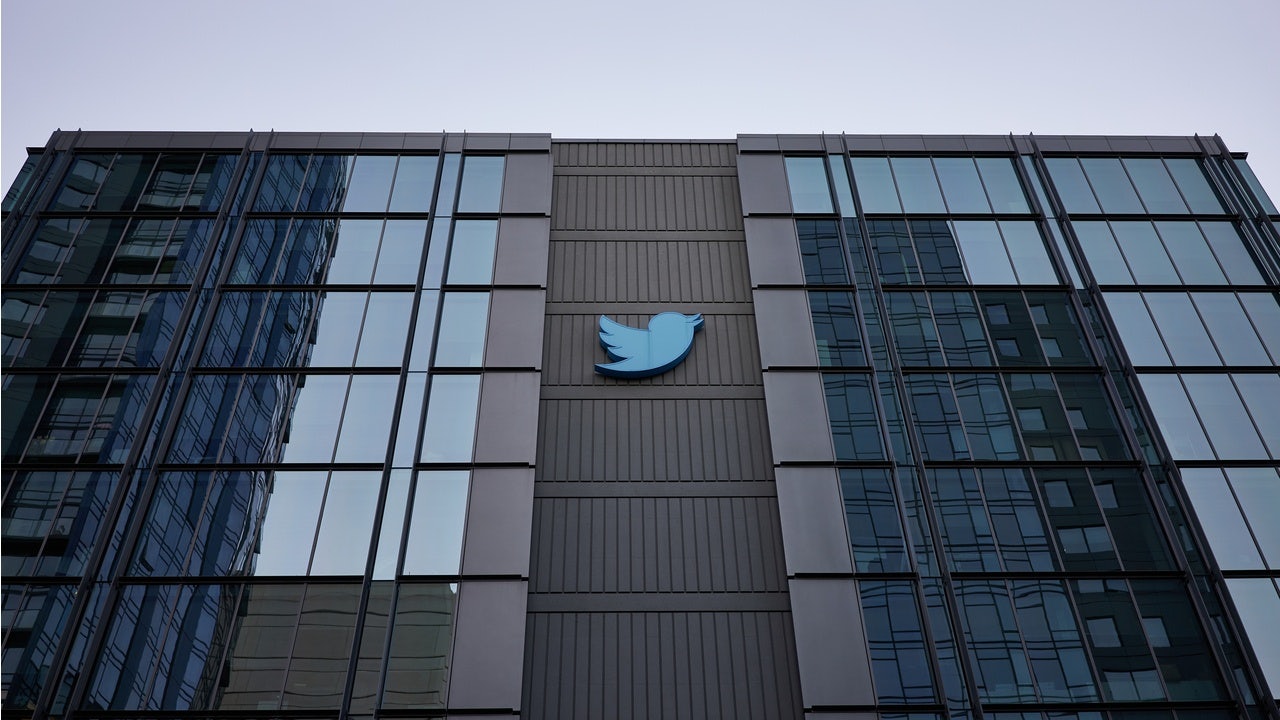What happened
According to Bloomberg, Twitter has locked the account of China’s US embassy (@ChineseEmbinUS) over a controversial tweet stating that Uighur women were no longer seen as “baby-making machines.”
Although the post clearly violates rules set by the social media giant, it took Twitter over 24 hours to remove it and replace it with a note saying, “This tweet is no longer available. We have taken action on this Tweet for violating our policy against dehumanization,” said a Twitter spokesperson in a statement. Twitter outlaws the “dehumanization of a group of people based on their religion, caste, age, disability, serious disease, national origin, race, or ethnicity.”
Chinese Foreign Ministry spokeswoman Hua Chunying announced on Thursday that authorities were “puzzled” over why Twitter restricted the account and stated that it’s the embassy’s responsibility to correct “fake reports and information related to Xinjiang.” The Twitter controversy comes one day after former US Secretary of State Mike Pompeo accused China of genocide against Muslim Uighurs in Xinjiang.
In recent weeks, Twitter has become more watchful about flagging content that incites violence. This newly found assertiveness has angered conservatives who have accused the social media platform of having a “liberal bias.”
Jing Take:#
Tensions have recently escalated between the Trump Presidency and Beijing while drawing a mix of public and private players into the fight. Moreover, their roles have become murkier, with certain entities exploiting the vulnerabilities of social networking sites to disseminate propaganda and misinformation.
These recent events will likely invite further scrutiny and sanctions against American companies operating in China and reinforce Beijing’s desire to keep social media platforms like Facebook Inc., Twitter Inc., and Alphabet Inc.'s Google out of the country. Conversely, American retailers and brands that source cotton from China's Xinjiang region will be under immense pressure to cut ties with their Chinese suppliers.
We foresee the Biden administration redeeming America’s role as a promoter of human rights by renewing Washington’s commitment to supporting international treaties. This shift will force retailers to use their due diligence in global markets by researching potential liabilities and eliminating them. Otherwise, they risk being accused of human rights violations within their supply chains. Moreover, US companies exploiting loopholes in international law will be flagged because the Biden-Harris administration will take corporate responsibility more seriously than the outgoing administration did.
Nike, Adidas, and Apple have already had to fight off reputational damage, with customers and advocacy groups calling for actions and boycotts against these companies. Therefore, it’s doubtful that any business would risk their global reputations and financial performances rather than take a stand against controversial policies.
The Jing Take reports on a piece of the leading news and presents our editorial team’s analysis of the key implications for the luxury industry. In the recurring column, we analyze everything from product drops and mergers to heated debate sprouting on Chinese social media.

